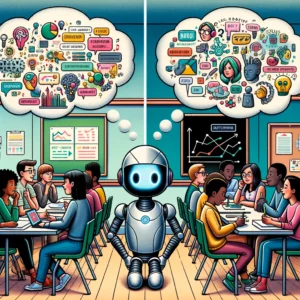The next school year will start and, if you’re like me, you have no idea what it’s going to look like.
But let’s imagine…
You’re finished with the rules and procedures and expectations for the year. You’re ready to set the tone and framework for the next nine months of instruction.
You share this…
————————————————————————————————————————————-
Welcome!
The purpose of this course is to struggle with the The Essential Questions of US history.
At first these questions will confuse you. They are filled with unclear definitions and open to many different interpretations and seem to have no clear answer.
Your job is to monitor these questions throughout the year and slowly craft sophisticated responses to them as we move through the different units of the course.
In June, your final exam will be to choose one of the questions (which could be one that YOU created independently), develop a thesis statement, and answer it convincingly using the content learned in the course as your evidence.
Imagine doing the same thing in AP government with the questions from the College Board.
Here is what’s happening:
- You’ve established essential questions to be the most important component of the curriculum. This tells students that asking and answering them is valuable.
- You’ve set struggle as the expectation of the course. This is a subtle message that learning will be difficult but still worth pursuing.
- You’ve honored the importance of skills while at the same time preserved the integrity of content. And now you can discriminate your content based on whether or not it fits under one or more of the questions.
- You’ve taught students that learning spans across units, instead of being confined within them.
- Students get ownership. They decide what content fits where; they determine how the content fits; they can even develop their own question/s and track it throughout the year. In this way you have provided the context for student self-motivation.
- You’ve given students their final exam right at the beginning of the year! For the next nine months there is no confusion as to where the class is headed. This focuses you and the students like a laser on what is to be learned and why.
Admittedly, it would be much more of a challenge to do this in an AP course with a rigid curriculum and content expectations. But even then you could have questions in the backdrop and use them for enriching discussions.
Can you see yourself organizing your course around questions? If so, what might it look like?
=======================================================================





